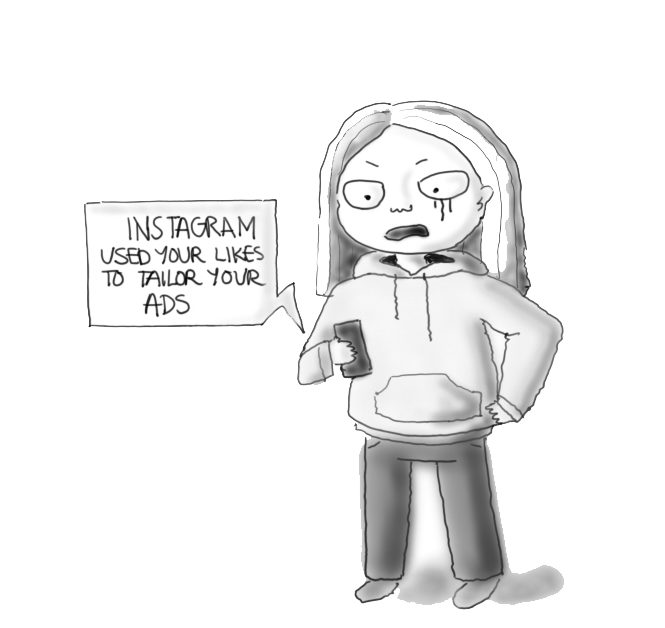

by Isabella Krzesniak
During the 2016 U.S. presidential election, the Russians created thousands of facebook accounts posing as American citizens who rallied anti-Hillary Clinton campaigns. Since the ongoing investigation, there have been new social media privacy breaches, including the political consulting firm Cambridge Analytica obtaining millions of facebook users’ data.
Some students, while aware of social media’s possible privacy invasions, do not have major concerns.
“There isn’t a major need to go out of the way to guard your privacy,” said senior Justin Li, “but there should always be awareness of what information you’re giving out.”
According to a Pew Research Center Study, Facebook usage among teens has declined by 20 percent since 2015. Junior Michael McVey has stopped using Facebook after the alleged election involvement.
“I felt like after the election meddling on Facebook, my privacy wasn’t safe anymore,” McVey said.
In June 2018, Aragon alumni Emily Peter’s Facebook account was hacked.
“I was sent a video through Facebook messenger by one of my friends,” Peter said. “I was very nervous because I didn’t know what to do and I couldn’t find any email or phone number of Facebook’s that I could call.”
However, this situation did not impact her Facebook usage afterwards.
“No, I have not [stopped using Facebook],” Peter said.
Senior Laurel Bolt also encountered a security problem after she opened a phishing email, which is the illegal practice of sending false emails from companies in order to receive personal information, and as a result, changed her attitude surrounding her security.
“If your friend sends you a weird email and you think it’s suspicious, don’t open it,” Bolt said. “If [hackers] can get into that, they can get into all your other information. I should be aware next time, to not just open things.”
According to TIME Magazine, Facebook purchased Instagram for $715 million in 2012, questioning the reliability of other social media platforms. Freshman Ava Tolmasoff uses Instagram often and is concerned about the purchase.
“I’m worried that my information could be out there, and not kept hidden like Instagram says it is,” Tolmasoff said.
Other students have ceased the use of social media altogether. Sophomore Anoush Torounian has deleted all social media applications, citing fake news as a reason to do so.
“I feel like social media nowadays spreads a lot of misinformation,” Torounian said. “In some cases, we should be censoring some of the misinformation that’s being spread around.”
Assistant Principal Lisa Nagendran said that social media can be a credible source, but the user should be weary of trusting the information.
“You should be really mindful and wary [because social media is] probably not always the most accurate news source, but it can be,” Nagendran said. “People can post accurate articles that you [can] read, but it can also be swayed particular ways.”
Conversely, parent and physical education teacher Annette Gennaro provided an alternative insight into the concept of fake news.
“At some point, there’s always going to be … ‘fake news.’ It’s been around for a long time [with] Wikipedia,” Gennaro said. “It’s just now all of a sudden people are calling it out.”
Junior Sabine Cismoski advises healthy social media use by being cautious
“Social media’s good as long as you use it in the right way, because there’s always a risk,” Cismoski said. “You interact with a lot of people even if they don’t live close to you, and it lets you see what’s going on in the world. You definitely can’t believe everything you see … so just be aware of what you’re getting into.”
